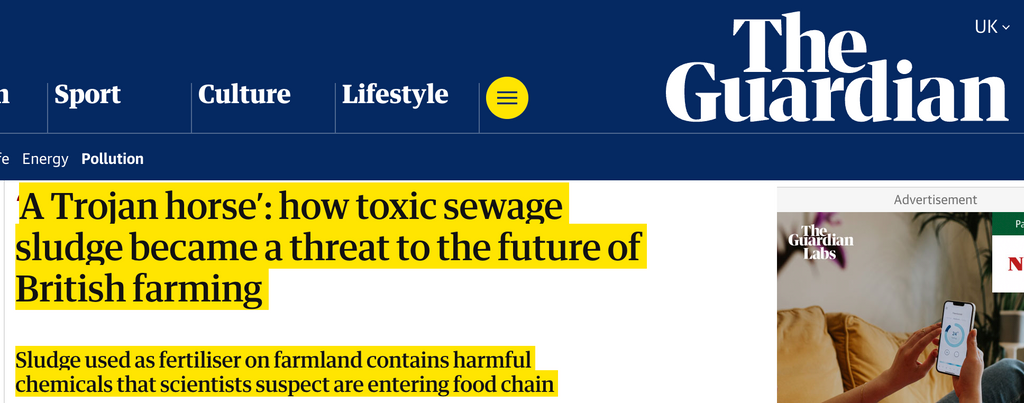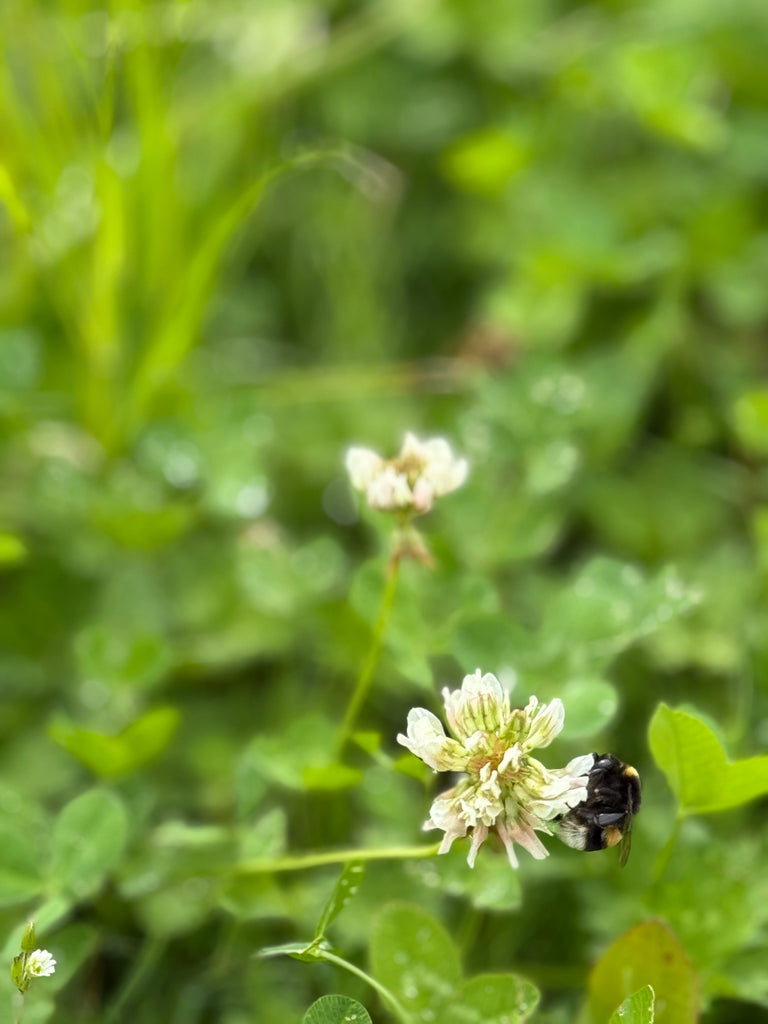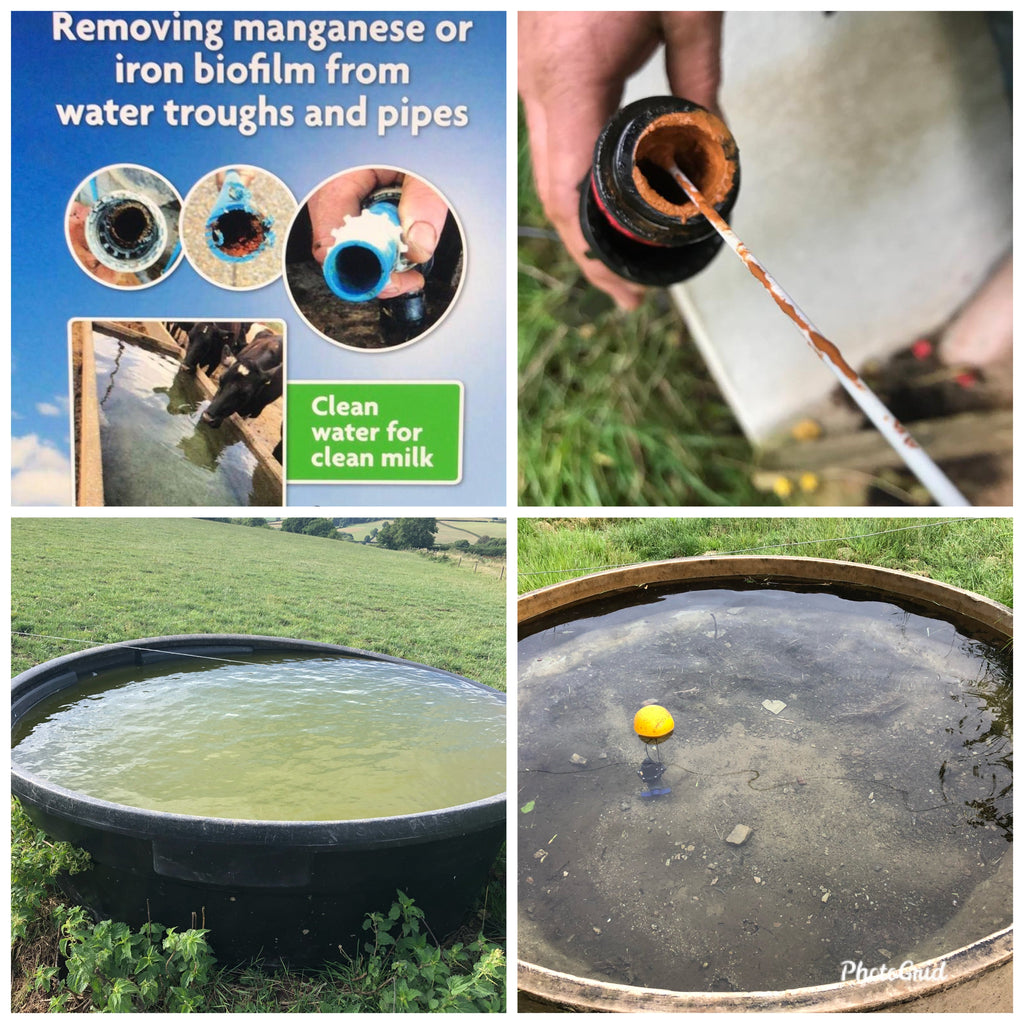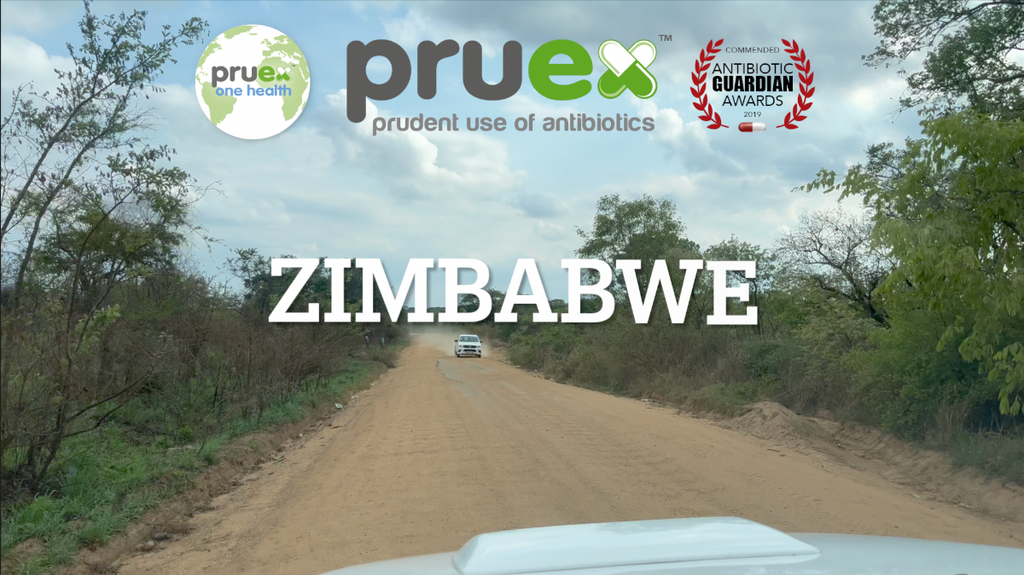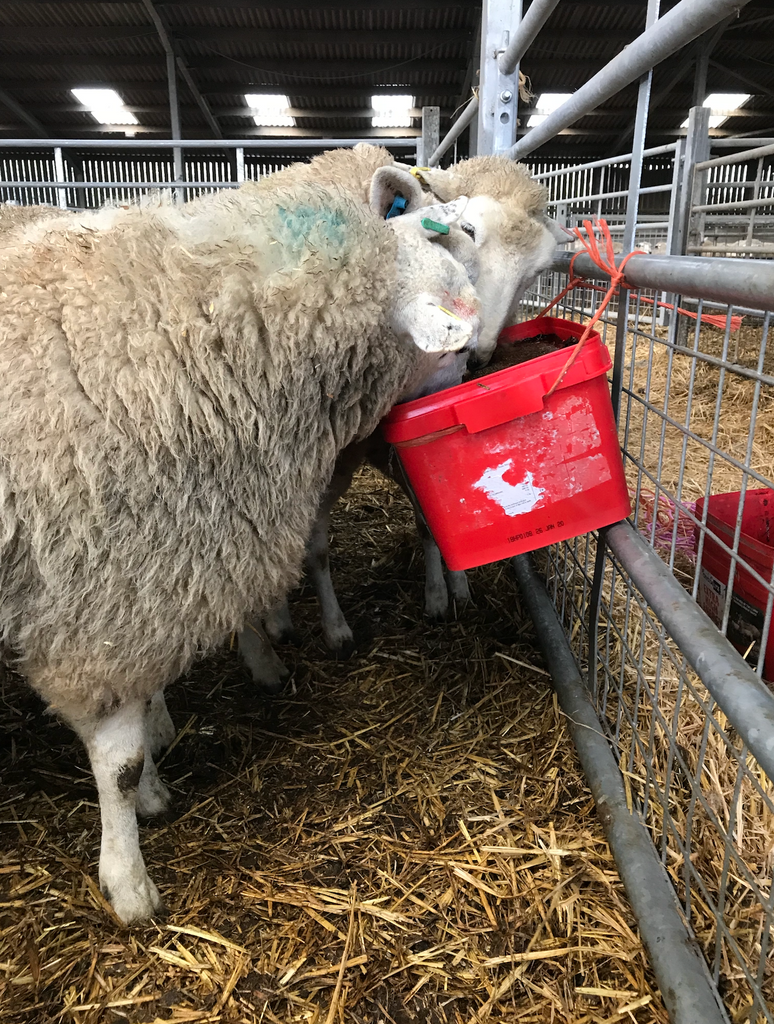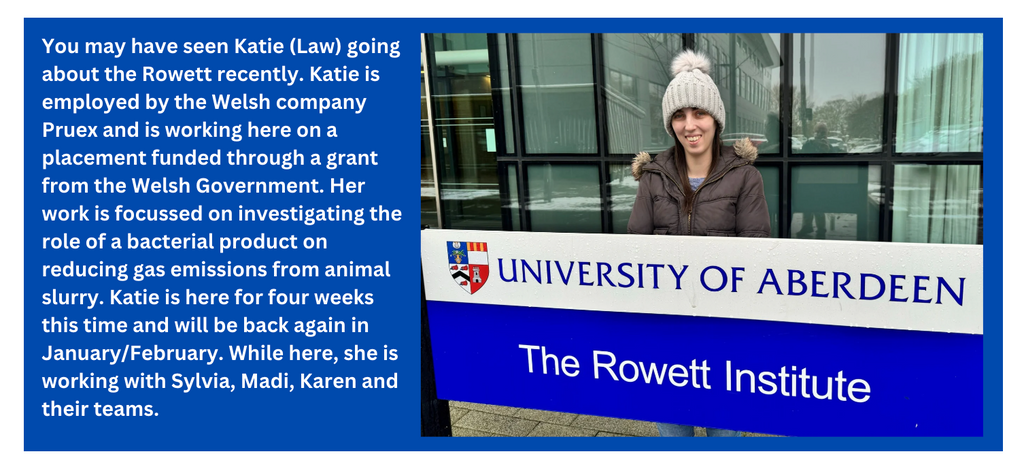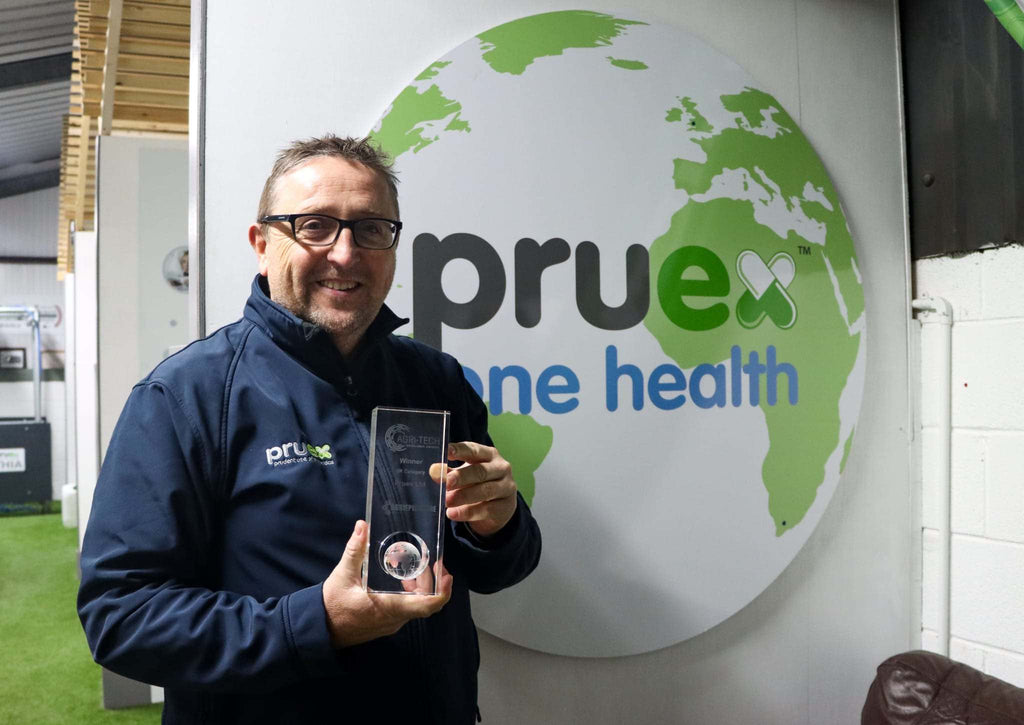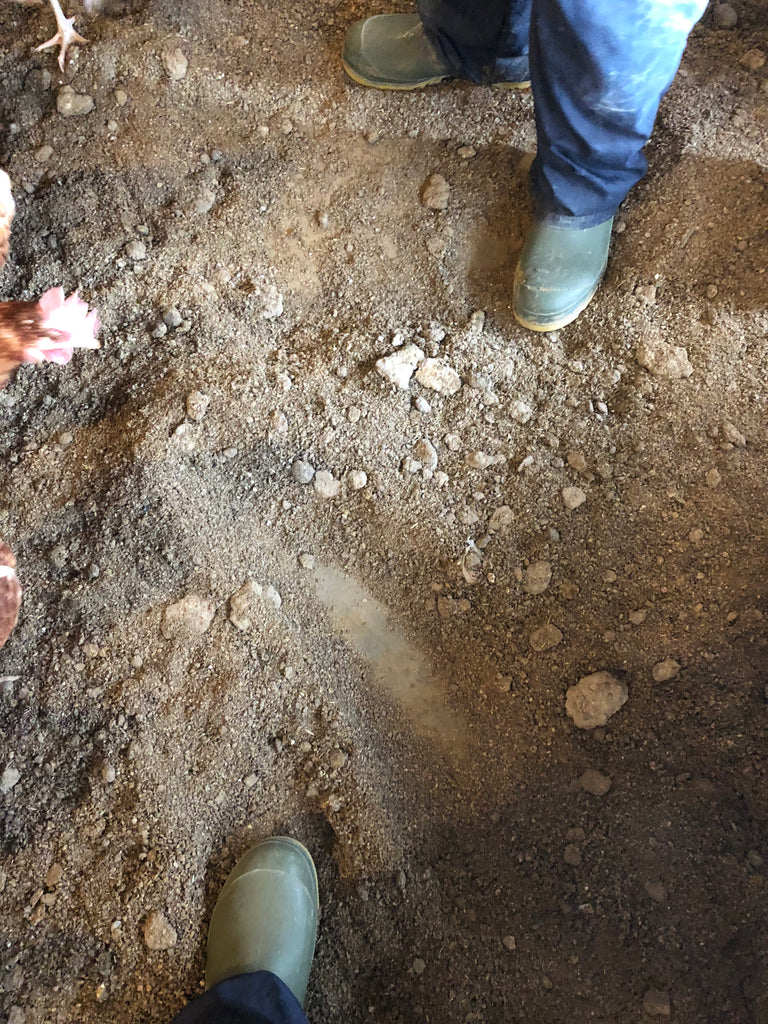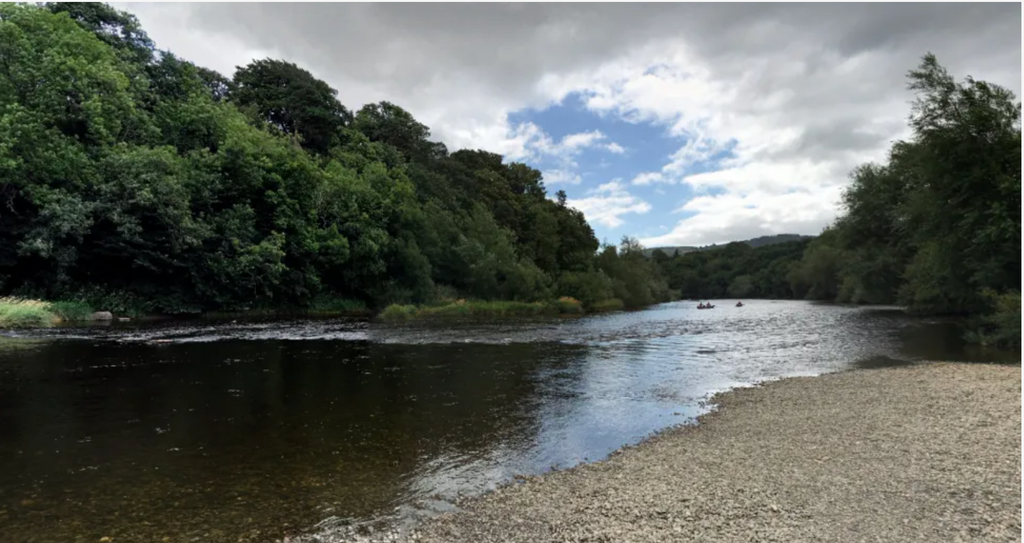News
Danger, danger - pollution. But Pruex has the answer
Pruex offers a solution by replacing toxic, pathogen-laden sludge with beneficial bacteria that safely stabilise waste on-farm. Our soil bacteria-based approach reduces ammonia, methane, and pathogen load—avoiding reliance on external sludge. Pruex ensures that sustainable intensification enhances, rather than harms, soil, water, food safety, and long-term farm resilience.
Pruex: Replacing Toxic Sludge with On-Farm Biosecurity Solutions
The growing alarm over sewage sludge containing PFAS, pharmaceuticals, microplastics, and hormone disruptors highlights a serious flaw in how Britain manages waste and fertiliser use. Farmers face a false choice: apply cheap but contaminated sludge, or pay for synthetic inputs. Pruex offers a third, safer path — one that protects both productivity and the environment.
Since 2016, Pruex has developed bacterial systems that allow waste to be treated and stabilised on-farm using natural microbes, rather than relying on sludge from wastewater treatment plants. By applying beneficial bacteria at key points — water troughs, bedding, and slurry channels — we replace pathogenic, fermentative, and polluting microbes with controlled, respiration-dominant microbial communities. This process retains nitrogen as ammonium, reduces ammonia and methane emissions, and minimises the formation of toxic byproducts.
Unlike sewage sludge, Pruex slurry contains no unknown contaminants. Instead, it enriches soil health, supports biodiversity, and improves silage quality — all while improving animal health and reducing the need for antibiotics.
Pruex shows that farmers don’t have to compromise. By managing waste at its source with trusted microbes, we can end the dependency on hazardous sludge and build a truly circular, safe, and productive agricultural system.
Pruex: Enabling a Greener, More Productive Future for Agriculture
Pruex was founded by Aled Rhys Davies as a result of his 2015 Nuffield Scholarship with a clear ambition: to prove that it is possible to ensure prudent as opposed to excessive antibiotic use and improve agricultural production while simultaneously reducing pollution. In a sector often forced to choose between profitability and sustainability, we set out to demonstrate that better animal health and performance can go hand-in-hand with cleaner air, water, and soil. Our work has since become a blueprint for how intensive farming can be both environmentally beneficial and economically viable.
One of our most impactful achievements has been in the broiler sector, where the application of Pruex bacteria to water, litter, and air systems has resulted in a 3% improvement in feed conversion ratio (FCR). This gain has been consistently linked to reductions in environmental ammonia and methane—two major pollutants in confined poultry operations. By replacing opportunistic pathogens and fermentative microbes with structured healthy biofilm-forming bacteria, Pruex interventions maintain bird health and energy efficiency within sheds. Lower stress, improved feed intake, and fewer disease challenges mean birds convert feed into growth more efficiently.
In dairy farming, Pruex has demonstrated that reducing pollution improves not only the environment but the productivity of cows and the land that supports them. Our treatment protocol improves housing hygiene by replacing fermentative breakdown in slurry with controlled bacterial respiration. This retains more plant-available nitrogen as ammonium and significantly reduces ammonia volatilisation. Treated slurry applied to land supports better soil biology, resulting in higher biodiversity, earthworms, and improved silage quality. On trial farms, treated slurry led to increased sugar and true protein levels in silage, with no need for synthetic fertiliser.
Beyond the slurry pit, Pruex also improves air quality in housing, reducing respiratory stress in dairy cows and calves. Healthier animals have lower vet bills, reduced lameness, and better milk yields. Clean water troughs treated with Pruex prevent biofilm formation by harmful bacteria, improving hydration and feed intake. The knock-on effects on animal behaviour, fertility, and welfare are clear.
In each case, the environmental benefits are not trade-offs—they are the pathway to improved performance. By applying science to prevent pollution at its source, we reduce disease pressure and unlock animal potential. This is a profound shift in the way agriculture views sustainability: from burden to opportunity.
Pruex has also worked internationally to ensure its innovations are accessible. We have established subsidiaries in the EU and Africa, tailoring solutions to local farming systems. Whether it's poultry farming in Zimbabwe or dairy operations in Poland, the core principles—prevent pollution, promote health—remain the same.
This work, backed by trial data and delivered in partnership with forward-thinking farmers, has demonstrated that a greener future for agriculture is not just desirable—it is achievable now. Pruex is proud to contribute to this transformation. We believe that by enabling cleaner, safer, and more productive farming systems, we are not only protecting the environment—we are shaping the future of agriculture itself.
Our journey proves that farming doesn’t have to compromise: with the right science, we can grow more by polluting less.
Biofilm in water can lead to AMR
January in Co Wexford. Pruex got some fantastic feedback from the visitors at an open day.
In the video below, Pruex demonstrate how they achieve clean air and water which really does reduce the threat of AMR
Travelling scientist to help reduce agricultural pollution
Wales is at the forefront of innovation that can help agriculture be the solution to many environmental pollution issues. Pruex have pioneered research that's now enabling farmers to use bacteria that originate in soil to compete against bad bacteria in animal waste. The bad bacteria and enzymes in faeces and urine can cause animal sickness via infections and/or aid in the process of rotting manure which releases toxic greenhouse gasses like nitrous oxide and methane as well as toxic ammonia gas to the air the animals breathe. These pollutive gasses are harmful to the wider environment.
Pruex help farmers keep their animals healthy by providing good bacteria that can compete for resources with faecal bacteria and thus reduce the health risk to animals and the environment. Less ammonia, less nitrous oxide, less methane.
Keeping soil and all the microflora that it contains healthy requires domination of aerobic conditions. Pruex strive to ensure muck and slurry from farms remain aerobic so as not to poison the land when farm waste is applied. This strategy helps plants develop deep roots helping the soil retain water, and reduces run off of polluting minerals like phosphorus and nitrogen.
Pruex improve the environment in which farm animals are kept. This changes their waste from problematic for soil and plants to synergistic. As a result, plants are healthier, soil becomes more fertile and a home for more biodiversity, and there is less drought or flood risk. The health of our rivers and waterways depend on healthy soil. The plants which feed the animals have deeper roots that can access more trace elements and minerals. There simply is no better example of a natural circular economy.
Our research continues. Please work with us to help us achieve our aims of leading the fight against antimicrobial resistance and environmental pollution.
Highly contagious superbug is resistant to antibiotics and hitting UK
Find out more about the superbug that's resistant to antibiotics hitting the UK
Superbug killing people in the UK - Article
Friday, November 22, 2024 11.30am Hall 1B, ACC Liverpool, Federation of Infection Societies Conference. A landmark moment, where professor Elisabetta Caselli of the University of Ferrara and Aled Rhys Davies of Pruex will present Bacterial detergents to the NHS as a means of fighting back against superbugs. The technology is used in hospitals in Europe and in addition to reducing antimicrobial resistance (AMR), in wards it reduces the number of infections acquired by patients whilst in those hospitals and in addition, saves the hospital management large sums of money.

Environment, Circular Economy, Sustainability and good farming practice.
Pruex work in the Uk, the EU and Africa helping farmers keep animals healthy and contribute beneficially to the environment. Healthy animals, lead to healthy muck and healthy soils. Healthy animals don't need antibiotics. Healthy aerobic muck and slurry ensure better air quality with reductions in volatilisation of ammonia and methane, and denitrification of toxic nitrous oxide. Healthy soil is also vital for healthy rivers and oceans, and is key in our strategy to capture carbon from the atmosphere.This strategy ensures healthy plants and soil biodiversity which are vital to the survival of small birds and mammals.
Pruex help farmers produce food and other products in both sustainable and environmentally beneficial ways, replacing heavy pollutive chemicals with natural bacteria which originate from soil and water. Pruex add more nature into the farms by means of substituting chemicals with biological products. Modern chemistry knowledge has resulted in our environment being bombarded by man made chemistry, but Pruex is changing this scenario. Pruex use bacterial detergents, products containing good bacteria that keep animal muck and soils aerobic, full of oxygen and life. This helps plants develop deep roots which improves the soil so that it can hold more water, nitrogen, phosphorus, carbon and oxygen. This prevents the soil from becoming too acidic and from releasing toxic nitrous oxide and ammonia. Reducing nitrogen and phosphorous leaching to the river is key to the health of all waterways. Sustainability and the circular economy were the norm for many of our grandparents in Europe. With technological advancement, and a drive towards a linear economy, we've unintentionally polluted our air, rivers, oceans and soils. Pruex is helping small, medium and large farmers to rebuild sustainable industries based on the circular economy.
Biology has the answer to our environmental pollution issues and oxygen is really important. We have to keep animal muck aerobic, soil aerobic, and our waterways aerobic if we want to ensure agriculture doesn't pollute the air, soil or water, and continues to thrive as an industry in an environmentally beneficial manner. Pruex has the expertise that enables farmers to achieve aerobic excellence in their guardianship of soil.
In 2015, Aled Rhys Davies, our founder, set out on a two year international travel scholarship awarded by the Nuffield Farming Scholarship Trust. He studied antibiotic use in agriculture in Europe, Oceana, and Northern America. He realised that the use of chemicals in agriculture led to sick animals, sick waterways and soils. He realised that the issues of algae blooms in rivers and oceans, greenhouse gas and ammonia release from muck, slurry and human sludge, and the high velocity of increase in antimicrobial resistance (AMR), were all linked. The answer to all of these issues relies on keeping animal (including human), muck, waterways and soils aerobic. He founded Pruex in 2016 with the aim of leading the fight against AMR and environmental pollution. Eight years later, Pruex has developed internationally with operations in the EU and Africa. If you would like to know more about the Nuffield Farming Scholarship Trust, which inspired Aled to take action and incorporate Pruex then visit https://www.nuffieldscholar.org/
AMR - don’t forget about fungi
Pruex utilizes beneficial bacteria to capture moisture from animal bedding and their surroundings, creating an environment where harmful microorganisms, including fungi, struggle to thrive.
Anger as bacteria found at river swimming site
Jack Grey of BBC news reports that:
Elevated levels of harmful bacteria have been found at Wales’ first official river bathing site, warn public health officials.
Wild swimmers have been advised to stay out of the River Wye at The Warren, a pebble beach near Hay-on-Wye, Powys, after high levels of E.coli and intestinal enterococci bacteria were found. These two bacteria are tested for because they are markers of the presence of sewage.
See Full article using this link https://www.bbc.co.uk/news/articles/c4ng45v5qx2o
Pruex can reduce environmental pollution from Human, Agricultural and Non Food animal sectors.


